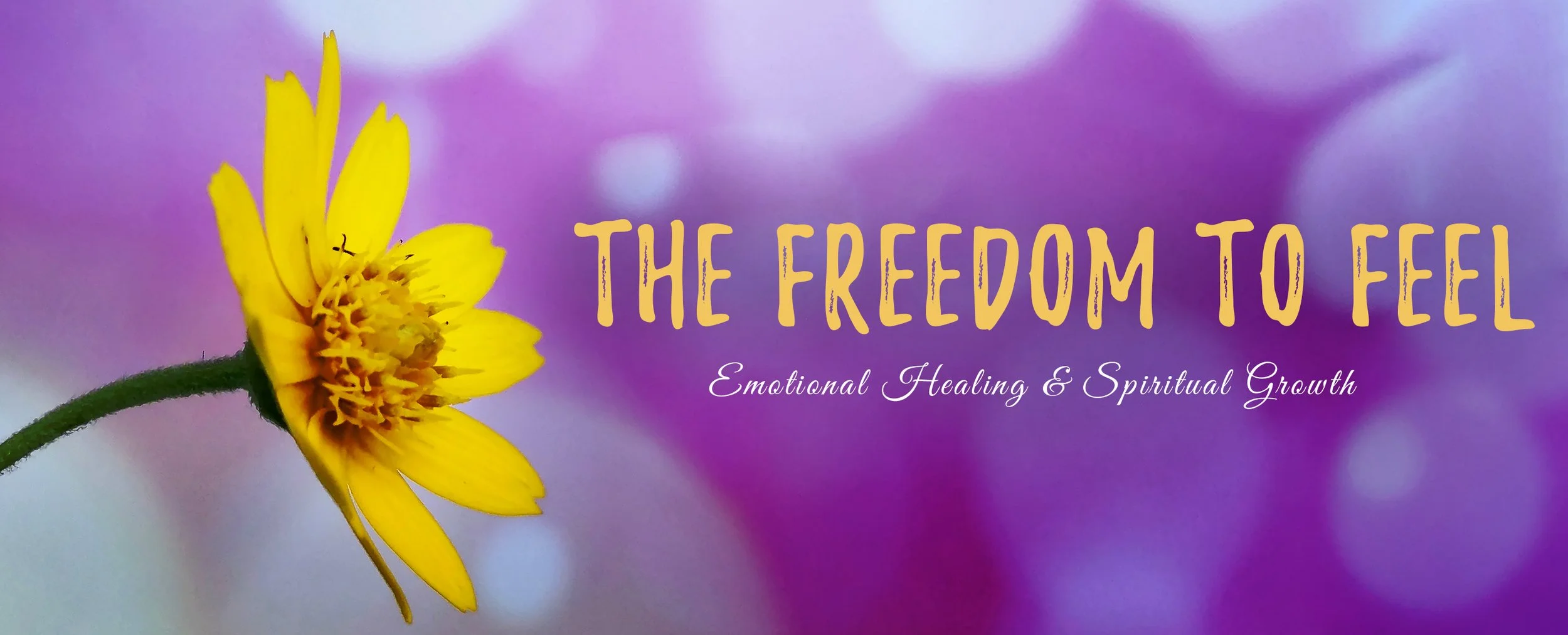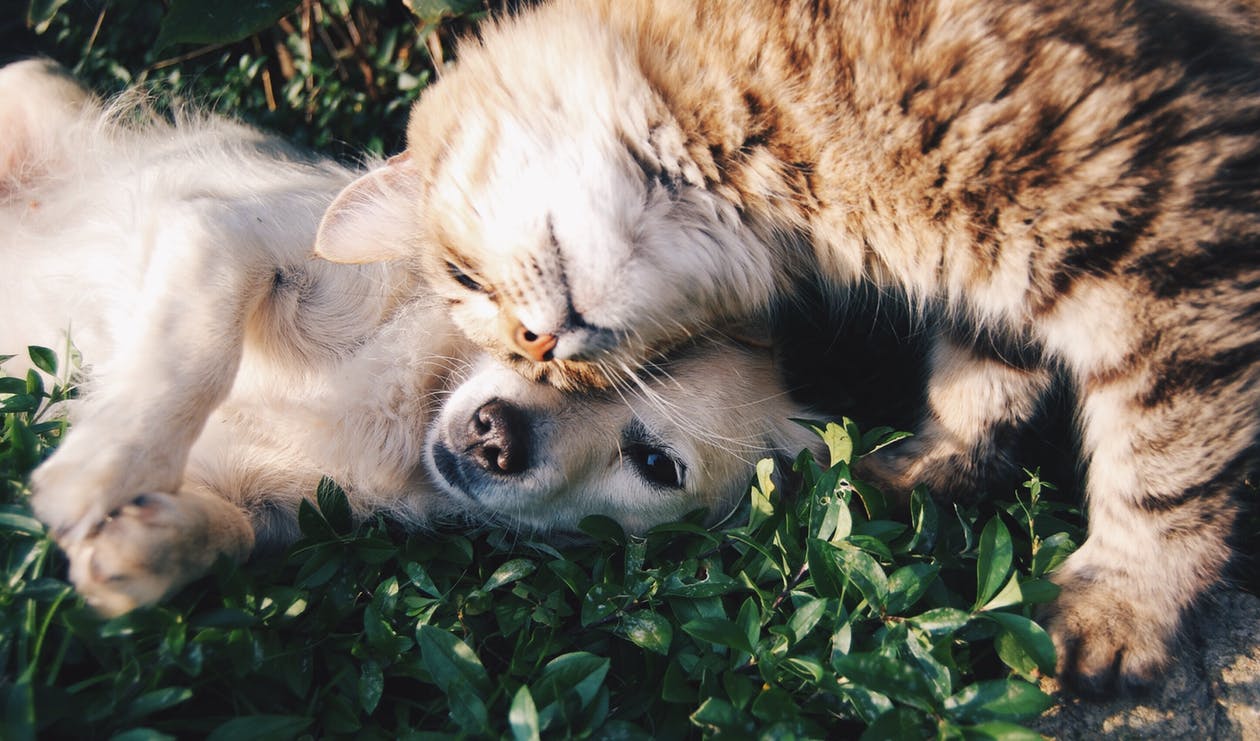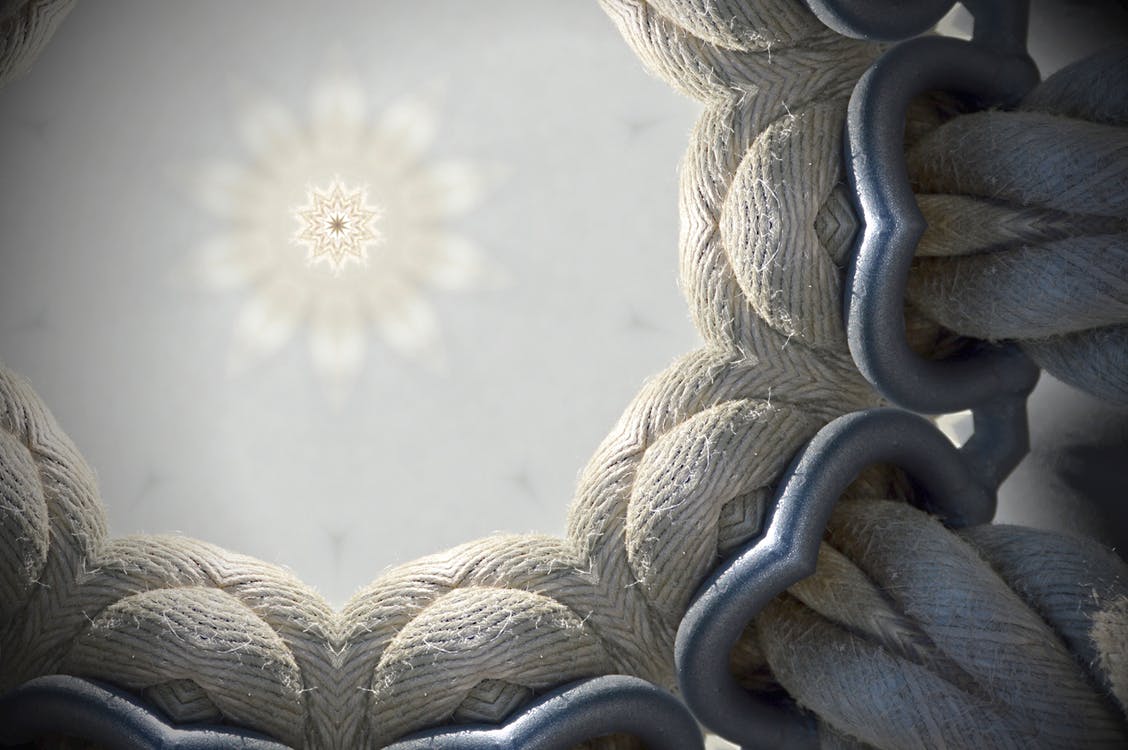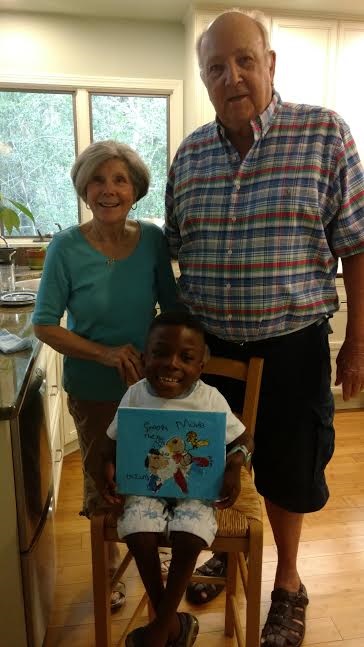DISCOVERING ENLIGHTENING IDEAS
FOR A BETTER LIFESTYLE
Imagine waking up every morning with a renewed sense of purpose and passion. With a better lifestyle, you can make that dream a reality. A healthier body, a more mindful attitude, and a balanced approach to life are all key components to achieve this. But where do you start? The journey towards a better lifestyle begins with discovering enlightening ideas and incorporating them into your daily routine. Whether reading inspiring literature, attending a yoga class, or simply starting your day with a positive mindset, finding what works for you is the first step. So don't wait any longer.
7 ENLIGHTENING IDEAS FOR A BETTER LIFESTYLE
● Practice mindfulness
In today's fast-paced world, it's easy to get caught up in the chaos and lose sight of what's truly important. That's where mindfulness comes in. We can become more peaceful, aware, and fulfilled by intentionally focusing our thoughts and attention on the present moment. Practicing mindfulness isn't just a passing trend; it's a powerful tool that can transform our lives. From reducing discomfort and tension to improving our ability to connect with others, mindfulness can revolutionize how we approach every aspect of our lives. So why not give it a try today? You might be surprised at how much of a positive impact it can have on your overall well-being.
● Get enough sleep
Achieving a better lifestyle can seem like a daunting task, but if you're not getting enough sleep, then it's likely that you're not feeling your best. When we lack sleep, our bodies and minds suffer, and over time, this can have serious consequences. But the good news is getting enough sleep is an easy fix that can lead to profound changes in how we feel and function daily. When well-rested, we're better able to focus, stay alert, and maintain our energy levels throughout the day. Plus, a good night's sleep can work wonders for our mood, making us more patient, creative, and resilient. So, if you want to live a fuller, happier life, ensure you're getting enough sleep. Your body and mind will thank you.
● Eat a balanced diet
Eating a balanced diet is more than a fleeting trend or fad; it's a steadfast commitment to living a healthier and happier lifestyle. We all know the saying, "You are what you eat," which couldn't be more true. A balanced diet means consuming various foods from all the different food groups, such as fruits, vegetables, lean proteins, whole grains, and healthy fats. Not only does it provide us with the necessary nutrients and energy our bodies need, but it also helps reduce the risk of diseases such as diabetes, heart disease, and obesity, among many others. Making small changes to your daily eating habits can yield remarkable benefits to your overall health and well-being, making a balanced diet one of the most empowering and enlightening ideas.
● Find your passion
Discovering your passion is the key to living a fulfilling life. It’s a journey of exploration that allows you to discover your true purpose. Finding the things that bring you joy, energy, and motivation can create a lifestyle that reflects your unique self. Whether your passion is writing, painting, cooking, or something else entirely, it’s important to pursue it with dedication and enthusiasm. By doing so, you’ll find that life becomes more vibrant, exciting, and meaningful. Those passionate about exploring new horizons and experimenting with new experiences can now Shop Delta 8 Products for Sale and discover the world of CBD products that might help them enhance their hobbies even more.
● Practice gratitude
Sometimes, in the hustle and bustle of modern life, it's easy to forget the beauty that surrounds us and the gifts we've been given. That's why practicing gratitude can be such a powerful force. Rather than focusing on what we don't have, taking time to appreciate what we do can help us cultivate a more positive outlook and a deeper sense of joy and contentment. Whether jotting down a few things you're grateful for each day or simply taking a moment to reflect on all the blessings in your life, finding ways to practice gratitude can be one of the most worthwhile habits you'll ever develop. So why not try it and see how it can transform your life for the better?
● Connect with others
Human beings are social creatures. We thrive on connection. Think about it- the happiest moments in our lives are often shared with other people. That's why connecting with others is important for a better lifestyle. We must surround ourselves with people who uplift, inspire, and challenge us. A supportive community makes us feel more confident and empowered to pursue our dreams. And on a practical level, connecting with others is essential for our mental and emotional well-being. Through these connections, we gain perspective, feedback, and advice. So, to improve your life, start by nurturing your connections with the people around you.
● Pursue personal growth
Throughout life, we strive to find happiness and purpose in our everyday existence. One way to achieve this is to pursue personal growth. This notion of constantly growing as individuals and developing new skills, ideas, and knowledge can lead to a more fulfilling and enriching lifestyle. Embracing personal growth requires a willingness to step out of our comfort zones, challenge ourselves, and learn from good and bad experiences. It's a process of self-discovery that allows us to live more intentionally and with greater purpose. While the journey towards personal growth may not always be easy, the rewards can be life-changing. So, take the first step towards a better lifestyle and commit to your personal growth today.
FINAL THOUGHTS
As you incorporate these enlightening ideas into your daily routine, you'll notice a transformative shift in your overall lifestyle. The pursuit of wellness, education, and self-improvement can lead to a sense of fulfillment and joy. You'll find new insights and opportunities to grow by staying curious and open-minded. Living a better lifestyle also means taking care of yourself and those around you, whether it's through exercise, healthy eating, or kindness. Remember, it's never too late to discover enlightening ideas and make positive changes in your life. Start today and embrace a brighter future.
Written by Virginia Morrison























